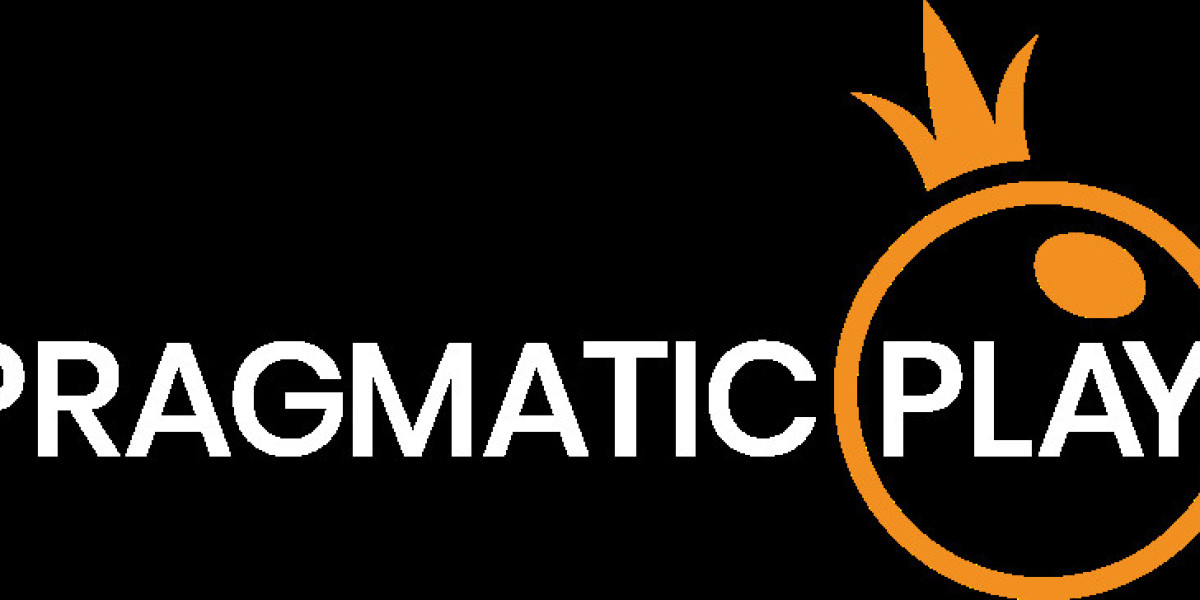Pragmatics is one of the words that is used so often, you might think you know what it is. It's a complicated word as are many others in the English language.
 People who are pragmatic are pragmatic and results-oriented instead of dreamers with idealistic goals. They are aware that sometimes they may need to compromise their ideals in order to achieve success.
People who are pragmatic are pragmatic and results-oriented instead of dreamers with idealistic goals. They are aware that sometimes they may need to compromise their ideals in order to achieve success.Definition
Pragmatics, which is a broad field of study with two primary focus areas, is a vast field. The first is to study what a speaker intends and means by an speech. The second is to study how context affects meaning. The study of pragmatics has been a major element of human language and communication for centuries. The first journal dedicated to this topic was Pragmatics.
The philosophy of pragmatism challenges the foundationalist orthodoxy. It argues intuitions are always described through descriptions and concepts. Therefore, we can't be able to directly experience reality without filtering through our worldviews and beliefs. According to pragmatists, such as Sellars, Rorty, Putnam, and Nelson Goodman, we can't verify theories or worldviews by comparing them with the raw, unadulterated experience of sensuality.
There are many kinds of pragmatics, from the study of speech actions to the study of the theory of politeness. These areas of pragmatics are being studied using a variety of groundbreaking concepts, including politeness theory, the concept of conversational implicature, and speech actions. The study of pragmatics is becoming increasingly important as smart machines and augmented realities have allowed for more complex interactions with humans.
Some pragmatists go further than others. Some claim that correspondence theory is not true and must be abandoned. Others are more cautious, and claim that the conventional formulation is not a good one and is incomplete. For example, Schiller and Rorty belong to the former camp while Peirce, James, and Dewey belong to the latter.
Scholars have studied the developments and the history of linguistic pragmatics using bibliometric and scientific indicators. These indicators permit the identification and analysis of the latest developments and trends in the area of pragmatics. For instance the increasing importance of cognitive science in the field of linguistic pragmatics. By studying their citations, it is also possible to identify the top researchers in the field. Here are the results of this research. Below are the most renowned scholars, their fields of expertise, and the number of citations.
Examples
The pragmatics field is huge and complex. It covers a broad range of human communication aspects including inferences about logical meanings that are based on communication as much as the semiotics of non-verbal communications. It is also closely connected to other disciplines such as sociology and anthropology. In the latter half of the 20th century, pragmatics grew into an interdisciplinary field, with the influence of anthropological discourse analysis, cognitive-behavioural psychology and linguists.
There are a variety of pragmatics. These include linguistic and the clinical pragmatics. The former is focused on the use of language and the context of spoken words, while the latter focuses on the interactions between the patient and the clinician. Clinical pragmatics is an inter-disciplinary field that has grown rapidly in recent years, due to advancements in health care and the accessibility of more details about speech disorders.
The word pragmatic comes from Latin word pragma which means "to take up". This term was first used by philosopher John Locke to describe his approach to philosophy. It was later adopted by Charles Sanders Peirce, who called his philosophy pragmatic. Peirce developed his philosophy as a response against the traditional analytic philosophy that was unconvincing to him.
Peirce's pragmatic philosophy was a multi-faceted and wide-ranging philosophy that was influenced by many different disciplines, including biology, mathematics, philosophy, and sociology. It also influenced the ideas of other philosophers, such as Dewey and Mead who were involved in women's rights and social work.
The philosophies of pragmatism are varied but they all share one common feature in the belief that truth is ultimately a function of the individual's experiences and perception. In linguistic pragmatism, this concept is applied to grammar, vocabulary, and pronunciation.
The movement of pragmatism has been influential in the fields of anthropology sociolinguistics, and speech-language pathology. These disciplines have contributed to the development of pragmatic language theory, which has grown over time to encompass more aspects of human communication. The number of articles published in the field of pragmatics continues to grow. The growth of this field has been helped by the availability of computer programs that can analyze the use of language and help to understand the nuances of human communication.
Pronunciation
Pragmatics is a philosophical branch of study in language that examines the relationship between thinking and action. Its goals include understanding what people say when they speak, and the contexts in which they use them in. Pragmatics is often incorporated into applied fields such as leadership studies, public administration and international relations.
The word"pragmatic" comes from the Latin phrase that translates to "to be practical." The word was originally used to describe a method of analysing sentences and words in terms of their effectiveness and efficiency. It has also been used more recently to describe the general approach to decision-making that focuses on the practical side of things.
Philosophers who believe in pragmatics are distinguished by their ability to evaluate the advantages and disadvantages of various decisions and options, as well as their willingness to compromise and sacrifice certain ideas to achieve an ideal objective. They are objective and look at the facts to make logical and rational decisions that result in the most favorable result.
William James and John Dewey are both considered to be the founders of American Philosophy. Charles S. Peirce joined them in the movement, renaming his doctrine pragmatism so as to differentiate it from James and Dewey's views. Richard Rorty and Susan Haack are contemporary philosophers who have created an analytic version that is complex.
Other theories of thought, like logical positivism and ordinary language philosophy, as well as behaviorism within psychology and sociology have some resemblances to the pragmatism. Logical positivism is a criteria for meaning which is designed to remove metaphysics from the philosophical landscape, however it doesn't stress the importance of action in the same way pragmatism does.
Pragmatics is a key component in the study of natural languages and is also a crucial aspect of business communication. It is crucial for leaders to be able to evaluate situations and modify their communications to maximize the success of their meetings, negotiations and sales pitches. To improve this skill, it's important to listen to native speakers and practice using tools for pronunciation, such as Promova.
Usage
A person who is pragmatic is someone who is more concerned about facts than with ideals. He or she is aware of the possibility of what is feasible and how it might affect others. This type of individual is often contrasted with an idealist who's ideas have more value and are based on a set of principles. For instance an individual who is a politician could describe himself as pragmatic, stating that he is willing to take the views of opposing sides into consideration.
It is important that children develop pragmatic language skills, especially when they interact with their families, teachers and peers. These skills enable them to communicate, play games, and resolve disagreements. They also enable them to communicate in more complex ways, including using metaphors and sarcasm. These skills are acquired at an early age, but are refined as children interact with their environment.
Many people mistakenly consider pragmatism in terms of philosophy. However it's actually defined as using practical considerations when making decisions. It is also the name of an intellectual movement that emphasizes this type of approach.
The term pragmatic can be employed in a variety of areas, such as law and education. In the field of linguistics, it is used to describe the socially-based aspects of communication that are dependent on context and culture. It is distinct from other aspects of language, such as syntax, phonology, and semantics, which are not as dependent on social context.
It is essential to understand how these elements affect the production of language and speech in order to assess and teach them effectively. One of the most prevalent aspects of pragmatic language is the use of pragmatic markers (PMs). PMs are lexical terms that indicate the intended meaning of the communication and how the interlocutor should interpret it. They can be used to indicate that the message is so, then, you know, and OK. They are usually used at high frequencies and are employed on a somewhat unconscious level. PMs fulfill social, textual and metapragmatic roles (Gordon 2007).
The study of pragmatic language development has a long-standing history and is now a well-known research area. The research is multidisciplinary and the most commonly cited journals in this field are the Journal of Pragmatics, Intercultural Pragmatics and the Journal of English Second Language Acquisition. VOSviewer has built an interactive network visualization of these journals, displaying the most popular authors and topics that are related to Pragmatic KR language development. The colour code indicates the kind of topic is being discussed: yellow is pragmatic competence, blue is theory and mind and green clinical and neuropragmatics.



